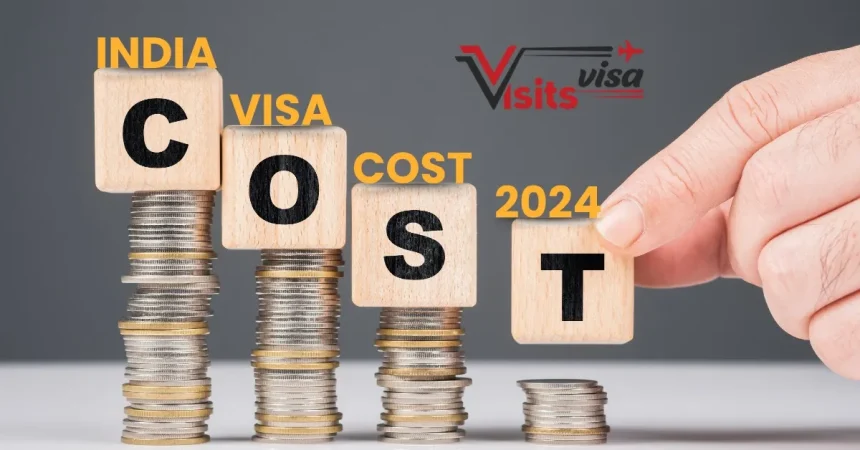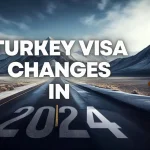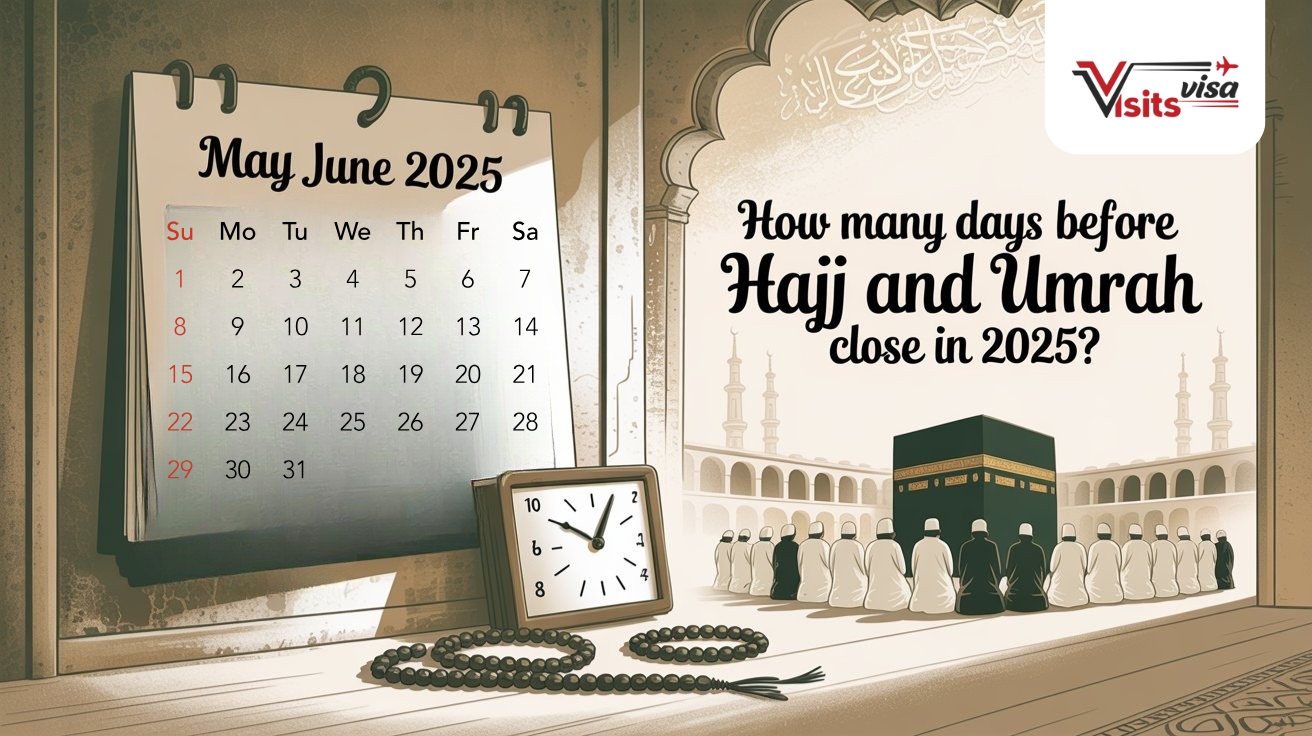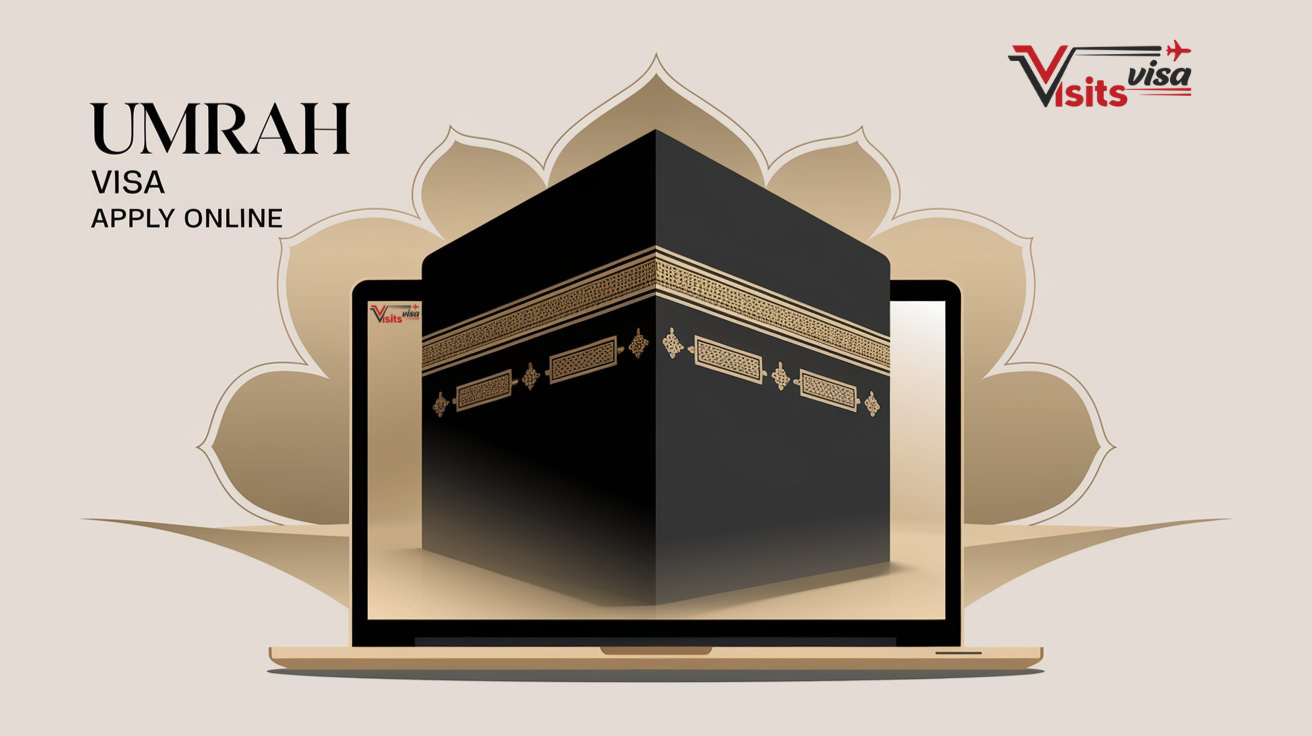In 2024, travelers need to understand the cost structure and application process for Indian visas. Whether you are planning a leisure trip or a business trip to India, it is important to know all the intricacies of obtaining a visa. Let us know in detail about the India visa cost and India visa application process.
Types of Visas
India offers different types of visas to foreigners for different travel purposes. From tourist visas to business visas, each caters to a specific need. Understanding the specifics of each visa type ensures that you apply for the visa that best suits your travel.
Cost Breakdown
India visa cost includes several fees along with the application, depending on the type of visa you are applying for. Additionally, there may also be processing fees and other charges included, such as for expedited processing or additional services. It’s important to keep these costs in mind when budgeting your trip.
- Application Fee: The application fee for an India visa largely depends on which visa you are applying for. Different visa categories may have different application fees.
- Processing Fee: In addition to the application fee, there may also be a processing fee charged by the consulate or embassy handling your visa application.
- Biometric Enrollment Fee: Some visa types may require the collection of biometric data, such as fingerprints and photographs. There may be a separate fee for biometric enrolment, especially for certain visa categories.
- Service Charges for Online Applications: Although it is convenient to apply for an India visa online, there may be service charges associated with online application. These fees cover the cost of maintaining the online visa application portal and processing electronic payments.
- Additional Service Charges: Depending on the India visa application process and services availed, additional service charges may be levied by the Consulate, Embassy, or Visa Processing Centre.
Changes in Visa Costs
The cost of an Indian visa may fluctuate over time due to various factors. Economic conditions, diplomatic relations, and policy changes can all affect visa costs. With VisitsVisa you can stay informed about these changes, helping you anticipate expenses and plan accordingly. Here are some factors that may contribute to fluctuations in Indian visa costs:
- Economic Conditions: Economic factors such as inflation, currency exchange rates, and changes in GDP can affect visa costs. In times of economic uncertainty or instability, visa fees may be adjusted to reflect the changing economic landscape.
- Diplomatic Relations: Changes in diplomatic relations between India and other countries may affect visa costs. Diplomatic tensions or improvements in bilateral relations may lead to adjustments in visa fees as part of diplomatic negotiations or agreements.
- Policy Changes: Changes in government policies, immigration laws or visa rules can directly impact visa costs. Changes in visa fees may occur as a result of policy amendments aimed at streamlining the India visa application process or enhancing security measures.
- Administrative Costs: Visa processing involves administrative overhead costs, which include staff salaries, office rent, and technology infrastructure. Changes in these administrative costs may require adjustments in the India visa fee to cover operating expenses.
- Security Concerns: Increased security concerns or changes in security protocols may lead to additional screening measures or increased visa processing procedures, resulting in increased visa costs to cover related security expenses.
Online Application Process
The process of applying for an India visa online is convenient and straightforward. You can complete the application from the comfort of your home by visiting the VisitsVisa website and avoid long waits at consulates or embassies. Additionally, online applications may offer discounts or promotional offers, saving you money on the total cost.
In-person Application Process
Some travelers may prefer to apply for their visa in person, especially if they have specific questions or concerns. Although this option provides personalized assistance, it may involve additional costs, such as transportation expenses to the consulate or embassy.
Expedited Processing
If you need a Urgent visa, expedited processing options are available for an additional fee. This ensures faster processing of your application, allowing you to meet tight travel deadlines. However, expedited processing generally costs more, so consider your options carefully.
Documentation Requirements
It is essential to gather the required documents for your India visa application. This may include passport copies, photographs, and supporting documents. Although obtaining these documents may incur additional costs, making sure you have everything organized reduces the risk of delays or rejections.
Payment Methods
When paying your visa fees, consider the accepted payment methods and any associated fees. While credit cards are generally accepted, there may be transaction fees or currency conversion fees. VisitsVisa offers a range of convenient payment methods for applicants applying for an India visa. Here are the payment methods commonly offered by VisitsVisa:
- Credit/Debit Cards: Applicants can usually pay for their India visa application using major credit or debit cards such as Visa, MasterCard, American Express, or Discover. This method provides a secure and straightforward way to make online payments.
- Online Banking: VisitsVisa can also accept payments through online banking platforms. Applicants can initiate bank transfers or use their online banking accounts to make payments directly from their bank accounts. This option is convenient for applicants who prefer to use online banking services.
- Mobile Wallets: Some Visa application portals may accept payments through mobile wallet applications. Applicants can use popular mobile wallet services such as PayPal, Google Pay, Apple Pay, or Samsung Pay to securely complete their visa fee transactions using their smartphones or other mobile devices.
Applicants need to review the accepted payment methods and any associated fees or processing times before initiating payment for their India visa application through VisitsVisa.
Additional Charges
In addition to the visa application fee, other charges may also be considered, such as biometric enrollment fees or courier charges for document return. Understanding these potential additional costs can help you budget accordingly and avoid financial stress.
Discounts and Promotions
Keep an eye out for discounts or promotional offers on visa applications. These may be available during off-peak travel seasons or as part of diplomatic initiatives. Taking advantage of these promotions can help you save money on your visa expenses.
Visa Validity Period
The validity period of your India visa determines how long you can stay in the country. Take this period into account when planning your travel and consider whether you may need to extend your visa. Extending the validity period may incur additional costs, so plan accordingly.
Refund Policy
Familiarize yourself with the refund policy for India visa applications if your application is denied or canceled. While visa fees are generally not refundable, a refund may be required in some circumstances. Knowing your rights and options gives you peace of mind during the application process.
Common Mistakes to Avoid
Avoiding common mistakes during the visa application process saves you time and money. It is essential to avoid common mistakes while paying India visa fees to ensure a smooth and hassle-free application process. Here are some common mistakes to avoid while paying for Indian visa:
- Incorrect Payment Amount: Entering the wrong payment amount is one of the most common mistakes while making visa fee payments. Applicants should double-check the visa fee amount specified by the Consulate, Embassy, or Visa Processing Center and ensure that they pay the correct amount to avoid delays or errors in processing.
- Using Unauthorized Payment Methods: Using unauthorized payment methods or payment channels not accepted by the Consulate, Embassy or Visa Processing Center may result in payment processing failure or delay. Applicants should only use the approved payment methods specified by the processing authority to pay their visa fee.
- Delayed Payments: Waiting until the last minute to make a visa fee payment may result in delays or missed deadlines, especially if there is processing time associated with the payment method. Applicants should plan and pay their visa fee before the application submission deadline to avoid any issues.
- Incomplete Payment Process: Some payment methods may require additional steps or verification processes to complete payment. Applicants should ensure that they follow all the necessary steps and complete the payment process completely to avoid delay or failure in the payment process.
Conclusion
Navigating the India visa application process requires careful consideration of costs and requirements. By understanding the cost structure, application process, and potential pitfalls, you can ensure a smooth and stress-free experience. Plan, stay informed, and enjoy your trip to India!
Unique FAQs
- Can I apply for an India visa without incurring any fees?
-
-
- Generally, all visa applications require a fee, but some diplomatic or official visas may be exempted from the fee in specific circumstances.
-
- Are there any hidden costs associated with the India visa application process?
-
-
- While the visa application fee is transparent, applicants should be aware of potential additional costs such as courier fees, document notarization fees, or biometric enrollment fees.
-
- How long does it take to process an India visa application?
-
-
- Processing times vary depending on factors such as the type of visa, nationality of the applicant, and volume of applications. Accelerated processing options are available for quick turnaround times.
-
- Can I pay the India visa fee in my local currency?
-
-
- The visa fee is generally payable in the currency specified by the Consulate or Embassy where the application is submitted. Applicants may incur a currency conversion fee if paying in a different currency.
-
- What should I do if my India visa application is denied?
-
- If a visa is refused, applicants may have the option to appeal the decision or reapply for the visa after correcting any deficiencies in their application. Refund policies for declined visas vary by consulate or embassy.








